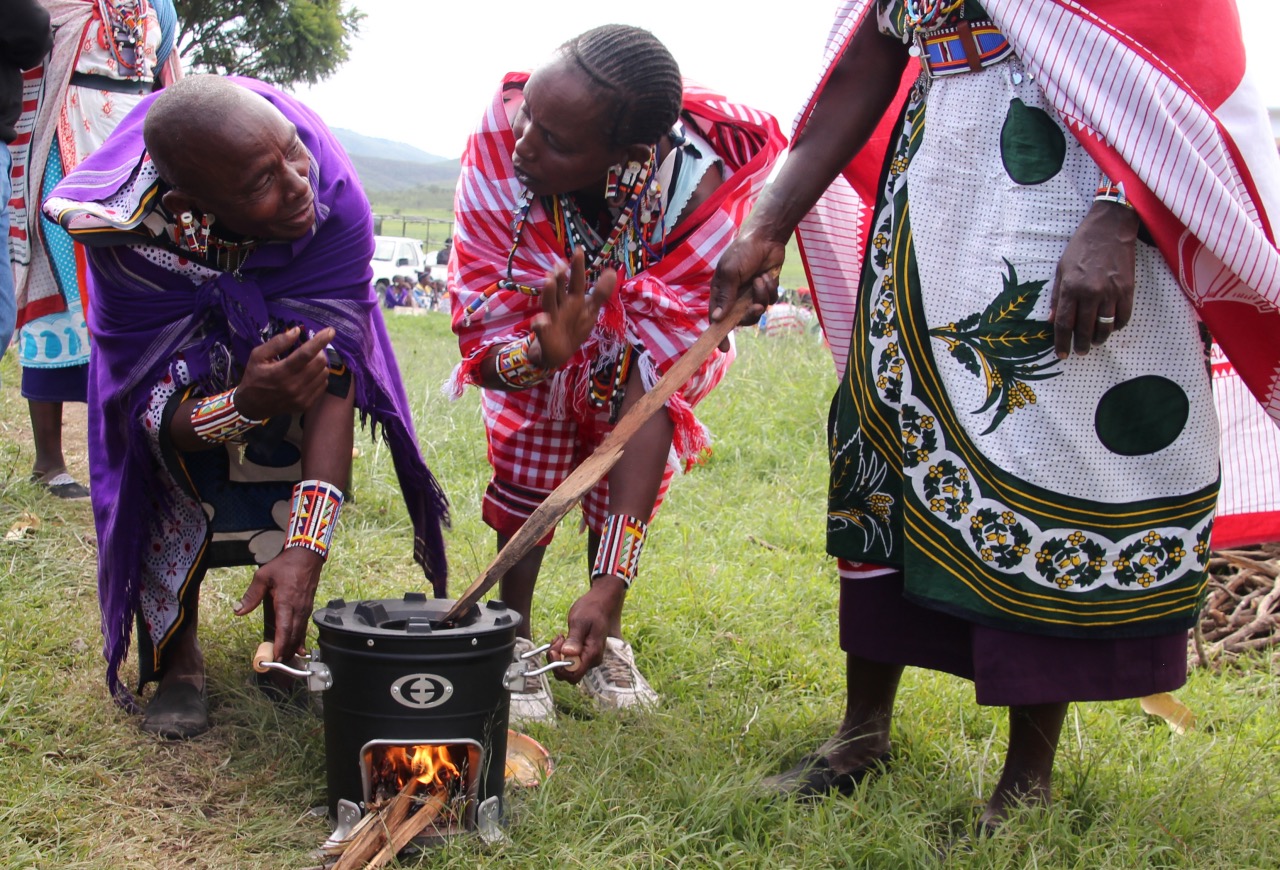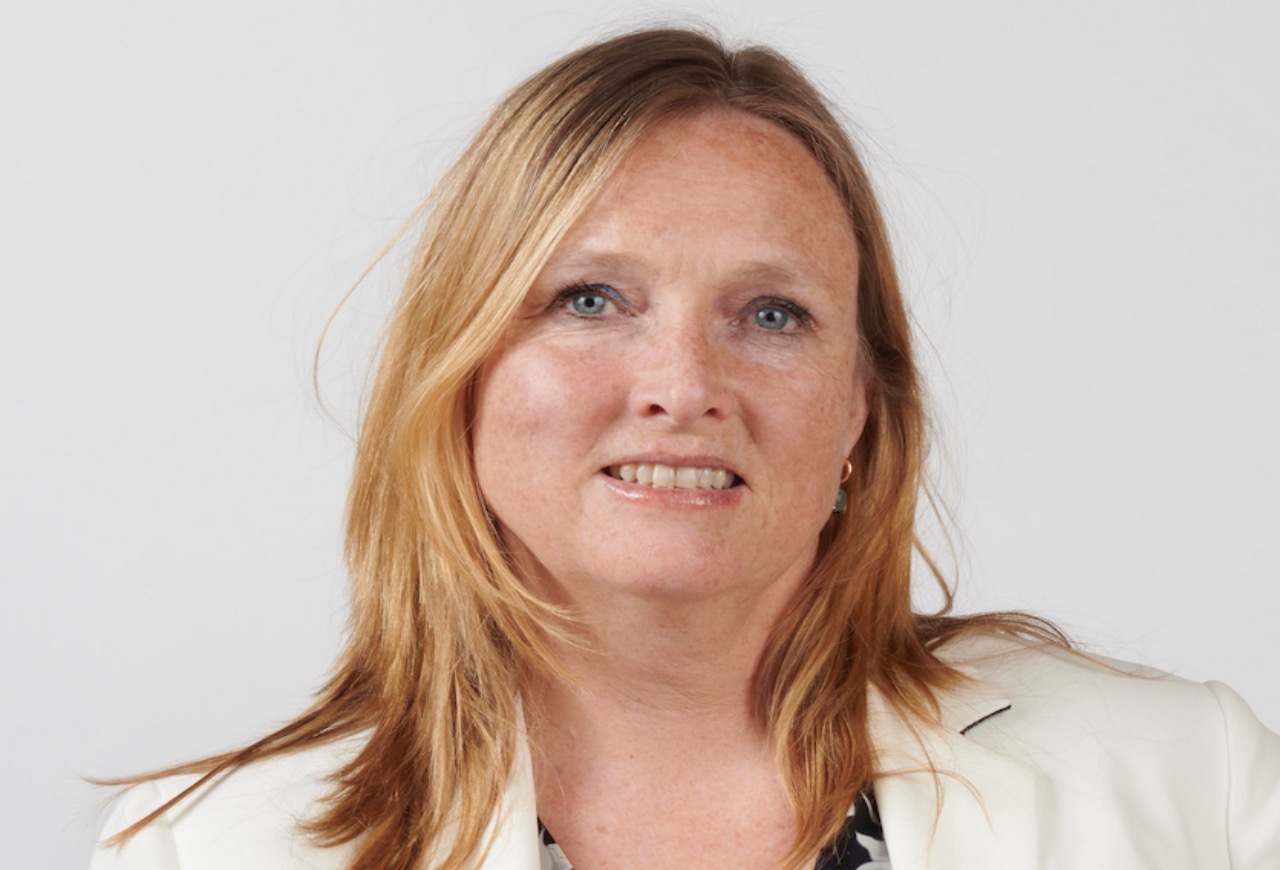BIX Capital aims to improve living conditions for those at the bottom of the wealth pyramid, providing debt financing to SMEs offering clean cooking, energy and water solutions to low-income households in sub-Saharan Africa

In brief
- WHO estimates four million people die annually from illnesses caused by household air pollution, and a further half a million from drinking contaminated water
- BIX Capital provides debt financing to high-impact SMEs through a results-based financing structure
- These SMEs focus on providing clean cooking facilities, clean energy and clean drinking water to the poorest communities in sub-Saharan Africa
- BIX provides SMEs with loans which enable them to scale their activities and convert any CO2 reductions into carbon credits. SMEs can then sell the carbon credits to repay the loans
According to the World Health Organisation, close to four million people die prematurely every year from illnesses caused by household air pollution from cooking with solid fuels.
Drinking contaminated water is estimated to cause a further half a million diarrhoea-related deaths annually.
Initiated by the Shell Foundation, FOUNT and Cardano Development in 2016, BIX Capital (BIX) provides debt financing to SMEs through a result-based finance structure, creating access to high impact products such as cookstoves or water purification systems for low-income households at the base of the wealth pyramid, mainly in sub-Saharan Africa.
Managing director Jeroen Blüm and director Bernadette Blom, who is also a founding partner at FOUNT, explain how the concept for BIX came about.
After working at the private equity department for Africa at Dutch development bank FMO, Blüm joined the Shell Foundation where he had responsibility for developing both the organisation’s clean cooking stoves and innovative financing mandates.
“Bringing these two experiences together, we decided to pilot a pre-financing initiative based on carbon credits which proved more successful than we had anticipated,” he notes.
Results-based financing
Blüm explain how the team realised that a dedicated financing facility was needed to scale the concept, something which fell outside the Shell Foundation’s core focus.

“We agreed that this really required an industry-wide facility and we started looking for a home to have it scaled up. Cardano Development and FOUNT were the two partners who helped us to do that,” he says.
FOUNT acts as the lead investment manager and advisor for BIX, with Cardano Development as the co- investment manager leading on the risk management, administration and other back-office functions. The Shell Foundation, which provided first-loss capital to the fund, is the third partner and continues to provide strategic support.
BIX backs SMEs and social enterprises focused on providing clean cooking facilities, clean energy and clean drinking water for communities and low-income households in sub-Saharan Africa.
These SMEs fall into three broad categories: design and manufacturing companies that primarily promote products with carbon reduction or impact potential; companies with distribution models able to reach ‘the last mile’ in very rural and remote settings; and finally, ‘aggregator’ companies that bring together different partners, technologies and routes to market for a particular ecosystem.
Limited access to capital
Blüm explains that limited access to working capital is the biggest obstacle for growth for these SMEs.
To address this, BIX provides these companies with loans which enable them to scale their activities and convert any reductions they achieve in CO2 emissions into carbon credits, which they can then sell to pay back the loans.
“These are usually small businesses with limited balance sheets, which don’t have sufficient access to regular capital,” he says. “But we saw that, once the scale-up was achieved, the products they sold, such as cleaner cookstoves or water filters, started to generate a lot of CO2 emissions reductions.”
When BIX became a reality, he adds, they were able to help “these companies to scale up and sell the carbon credits to willing buyers”.
Buyers include large corporates and utility companies seeking to reduce their carbon footprint. “The receivables that become available to the SMEs that we pre-finance are our collateral for the loans that we provide,” he notes.
Blüm stresses that unlike some impact investment models which report on the qualitative impact of their activities, BIX can measure the impact of their investment using “hard data”.
“Since launch, we have been able to pre-finance projects that have saved a combined two million tonnes of CO2. And the two million carbon credits that they have generated and sold to buyers, are actually the repayments of our business model, so we can demonstrate the impact by getting our money back,” he adds.
Gender and health credits
Bernadette Blom says women and children are disproportionately affected by poor living conditions, as they are mostly responsible for cooking and for the collection of wood and water.

“A lot of the impact from cooking on a cleaner cookstove or drinking clean water is felt by women and children. Addressing these areas is about improving health and safety, as well as saving time for women and giving children safe water at school so they can continue to learn.”
BIX Capital has raised $18m so far and have supported 12 SMEs, five of which have repaid their loans, and improved the lives of 13 million people.
Among the businesses supported by BIX are C-Quest Capital and BioLite, both of which develop projects to improve access to sustainable energy services and clean energy technologies, Impact Water, which brings safe water to schools throughout Africa, and Envirofit, a social enterprise focused on improving access to clean cooking technology.
With the launch of BIX II, which is an extension of the existing investment vehicle, the firm is looking to raise a further $12m this year, to reach a target close of $60m by the end of 2023.
The team is also looking to extend the portfolio to SMEs in Southeast Asia and India, and develop a mechanism for monetising gender and health credits in response to growing demand from donors and investors, eager to meet a wider pool of SDGs.
Blom says: “We are seeing demand emerging from donors who are willing to invest in gender and health outcomes but are only willing to do that by paying for the end result, rather than investing in projects. Health, gender equality, climate impact and access to energy are all neatly linked to the sustainable development goals.”
But monetising this type of impact, and replicating the carbon receivables finance instrument in the gender and health space, is proving more challenging.
“At this moment in time, there is no single agreed mechanism for how to do that. At BIX we report to our investors on the non-carbon impact of our investments, but we don’t monetise this and that’s something we would like to do with BIX II, but it needs further development,” she adds.
BIX II has a blended capital structure which comprises 20% first loss capital through a combination of mezzanine loans and preference shares, and 80% senior debt. Investors include FMO, the International Finance Corporation and the US International Development Finance Corporation.
“We think that our unique model should be very attractive for investors looking to make an impact on our climate, as well as those wanting to advance gender and health priorities,” says Blom.
Looking to the future, Blüm adds that whilst BIX is focused on driving a more sustainable living for the poorest households, 10 years from now he would like to look into other segments.
“There are tremendous opportunities for micro-businesses in Africa and Asia to generate impact, as well as digitalising all what we’re doing currently into a much more robust measurement mechanism. It may even be blockchain-based, but that’s for BIX III to explore,” he concludes.






